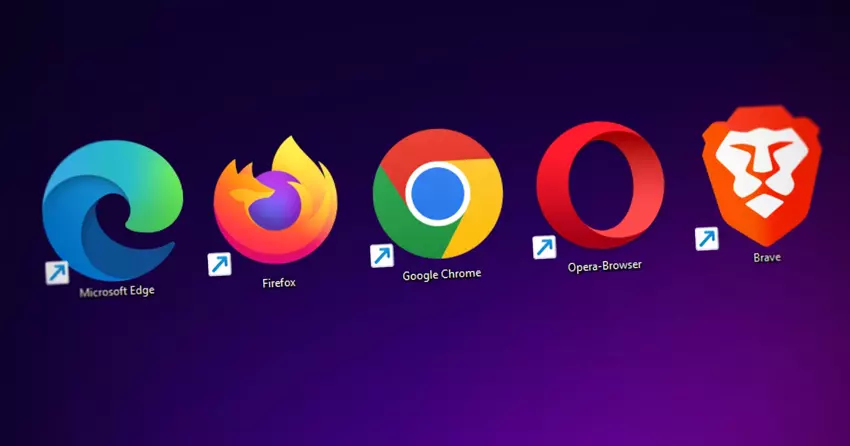
Independent Browsers See Increases in European Users
Europe’s Digital Markets Act (DMA) came into effect a little over a month ago, and independent browsers have seen an uptick in the number of users.
Effective March 7, the DMA requires large tech companies to change the way they work in Europe. To promote more competition and innovation, Google, Amazon, Apple, TikTok, Meta, and Microsoft were ordered to make it easier for users to switch to rival apps and platforms.
One of the bigger changes under the DMA now allows smartphone and tablet users easier access to a wider choice of browser applications. Prior to the regulation coming into effect, Chrome was the default browser on Android while iPhones used Safari by default. This bundling helped solidify their dominant positions in the market.
The DMA requires that the selection of the browser, search engine, and virtual assistants become part of the smartphone setup process. Companies must provide a choice screen giving users a variety of options and an easy way to select them. Apple, for instance, now provides up to 11 browser choices depending on the country.
Independent browsers have already seen an increase in users in the EU. For example, Cyprus-based Aloha Browser said its users in the EU increased by 250% in March.
Aloha has a different business model than the standard web browser, which is free because it collects and uses data to drive revenue with targeted advertising. Rather than generate revenue through advertising, Aloha charges a subscription fee. It currently has approximately 10 million monthly users. Europe has jumped from its fourth market to its second in the span of a month.
Other independent browsers have also experienced a rise in users but have not provided specific figures. These include Norway’s Vivaldi, Germany’s Ecosia, and US-based Brave.
Norway-based Opera vice president Jan Standal shared that Opera is “experiencing record user numbers in the EU right now.” That being said, both Opera and US-based DuckDuckGo have said the choice-screen roll out is not complete. As such, the full impact of the new regulations is not yet known.














